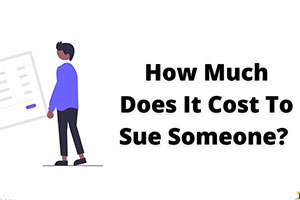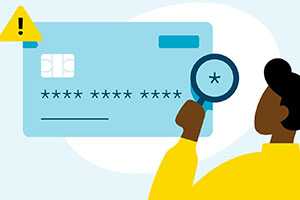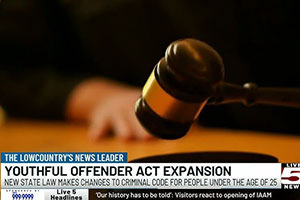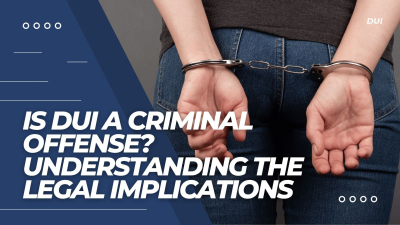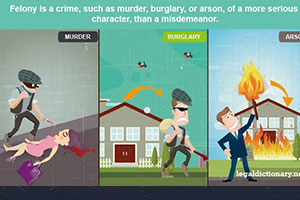What can be used against you in a divorce?
Criminal Law | by
Hey there! Heading into the choppy waters of divorce? It’s a journey no one embarks on lightly, and you might be wondering what kind of information can be used against you in court. Well, grab a seat, and let’s dive into the nitty-gritty of divorce proceedings and how the things you do (or don’t do) can play a role.
The Legal Lowdown on Divorce Evidence
First off, divorce laws vary widely from one state to another, so it’s always smart to check the specifics in your area. But across the board, there are several common threads when it comes to what can be used as evidence.
Communication Is Key… and Potentially Incriminating
- Texts and Emails: In the digital age, written communication can easily become Exhibit A in divorce court. Those late-night texts or heated email exchanges? They’re not just between you and your soon-to-be ex anymore. Be mindful of what you write, as it can be presented to show character, intent, or contradict statements made elsewhere.
- Social Media Posts: Oh, the tales Facebook, Instagram, and Twitter can tell. From flashy new purchases that might suggest hidden assets to photos that suggest infidelity or an irresponsible lifestyle, social media is a gold mine for divorce lawyers. The moral of the story? Think before you post.
Financial Moves and Missteps
- Bank Statements and Credit Card Receipts: These documents can reveal a lot about a person’s spending habits, hidden assets, or debts. Large withdrawals or unusual purchases can raise eyebrows and potentially affect alimony and asset division.
- Tax Returns and Pay Stubs: Income is a huge factor in determining support obligations. Underreporting income or overstating expenses can backfire if your documents tell a different story.
Personal Behavior and Relationships
- Witness Testimonies: Friends, family, and sometimes even children may be called upon to testify about your behavior and character. From parenting practices to lifestyle choices, the testimony of those close to you can influence custody and more.
- Photos and Videos: Visual evidence can be powerful, depicting anything from a lavish lifestyle that contradicts claims of financial hardship to interactions that might impact custody decisions.
Protecting Yourself and Your Assets
So, what’s a person to do? Here are a few tips to safeguard your interests:
- Stay Clean on Social Media: Consider taking a hiatus or at least tightening up your privacy settings and thinking twice before posting.
- Keep It Civil: Avoid written or verbal communication that could be seen as aggressive, threatening, or contradictory to your legal claims.
- Document Everything: Keep a record of financial transactions, communications with your spouse, and anything else that might be relevant.
- Consult a Lawyer: Early and often. A good divorce attorney can offer advice tailored to your situation and help you navigate the legal minefield.
Wrapping Up
Divorce isn’t just the end of a marriage; it’s a legal process that can be influenced by a wide range of behaviors and evidence. Being aware of what can be used against you—and taking steps to mitigate those risks—can help you navigate your divorce more smoothly and reach a fairer outcome. Remember, in the world of divorce, knowledge is power, and discretion is your best ally.
